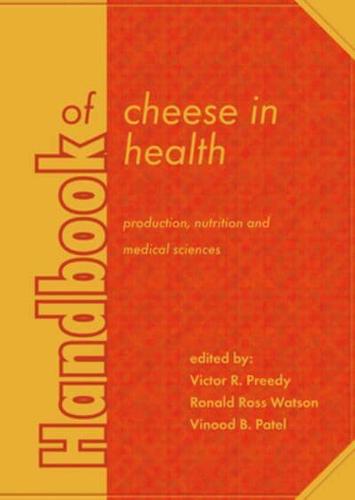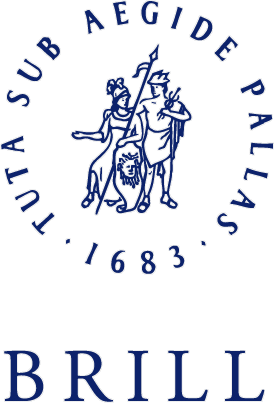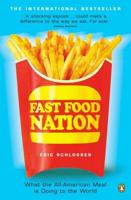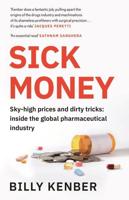Publisher's Synopsis
Cheeses are one of the most diverse food commodities known. They have a wide range of regional and geographical differences in manufacture, taste, texture, colour and contribution to the diet. Because cheese is an important source of macro- and micro-nutrients it can be seen as a valuable product in human nutrition. However, some consider that traditionally manufactured cheeses may not contribute to optimal health. For this reason, there is a drive to produce types with reduced or modified fat or salt contents. Another aspect that affects human health is that cheese may also harbour harmful pathogens in some circumstances. To gain a holistic understanding of cheese in health, nutritionists and dieticians have a fundamental need to grasp the process of cheese manufacture, while cheese manufacturers benefit by understanding the health related aspects of cheese. This handbook bridges the intellectual and trans-disciplinary divide and provides a balanced overview of cheese in relation to health. Experts provide a comprehensive coverage of subjects in relation to cheese production, nutrition and medical sciences, such as composition and health benefits, toxicology, metabolic and nutritional effects and microbiology.










